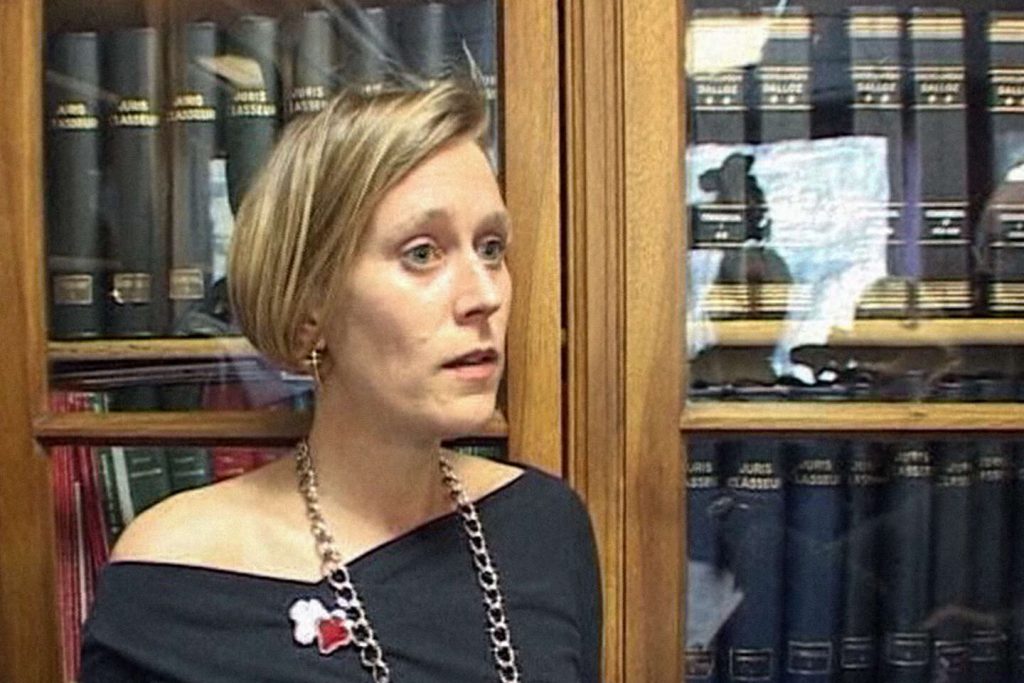The magistrate Hélène Gerhards, who was imprisoned and charged with alleged ties to Corsican gang activity, has been granted release from pre-trial detention by the Aix-en-Provence Court of Appeal on Wednesday, April 17th. However, her release comes with strict restrictions, including a ban on contact with individuals involved in the case and a prohibition on practicing as a judicial magistrate, as well as a travel ban to Corsica. Her lawyers expressed relief at the decision and stated that they will work to prove her innocence.
Ms. Gerhards, 49, had served as a judge in several locations before becoming a vice-prosecutor and presiding over criminal trials in various regions. She is facing eleven charges, including association with criminal activity, embezzlement of public funds, and forgery by a public official. Her defense had argued for her release based on health and family reasons, highlighting her recent surgery and the impact of continued detention. Despite the prosecutor’s concerns about potential collusion, Ms. Gerhards denied any involvement with organized crime and pled for a release under judicial supervision.
Investigators suspect the magistrate of providing services to members of the Corsican underworld in exchange for work done at her luxury villa, allegedly undervalued and undeclared. The property, purchased in 2011, had increased substantially in value by 2022. Phone taps revealed connections between Ms. Gerhards and Johann Carta, a reputed member of the Corsican gang linked to the Petit Bar mafia group. Carta, known for previous convictions, is implicated in various criminal activities, including fraud and money laundering. The judge is accused of sharing confidential information and issuing false legal documents for financial gain.
The accusations against the magistrate include diverting public funds through fraudulent actions involving her ex-husband, who allegedly manipulated and deceived her into committing unlawful acts. The defense claims that the ex-husband orchestrated the scheme, leading to the misappropriation of €123,000. Despite these allegations, Ms. Gerhards maintains her innocence and asserts that she was misled by her former partner. The ongoing investigation into her actions and connections to criminal elements underscores the complexity of the case and the challenges faced by legal authorities in uncovering the truth.
The decision to release Ms. Gerhards from custody with stringent conditions reflects the judiciary’s balancing act between individual rights and public safety. The legal proceedings will continue as efforts are made to establish the facts and determine the extent of the magistrate’s involvement in alleged criminal activities. The case has drawn attention to the intersection of judicial authority and criminal underworld connections, highlighting the vulnerabilities and ethical dilemmas that can arise within the legal system. As the investigation progresses, further revelations may shed light on the complexities and challenges faced by those tasked with upholding the rule of law in complex criminal cases.


